This article was featured as an opinion editorial in the NH Union Leader.
A recent Washington Post editorial headline read, “Parents claim they have the right to shape their kids’ school curriculum. They don’t.” This ignited debates across social media over whether or not this was true. One side of the debate believes that public schools serve society while the others believe they serve parents. This question is only relevant in a dystopian system that treats kids like state property. Thankfully, NH is becoming less and less of that kind of place thanks to three things.
#1 – Legal Right to Replace Curriculum
The first is RSA 186:11, which lists the duties of the State Board of Education. Among them is a requirement for school districts to “Adopt a Policy Allowing an Exception to Specific Course Material Based on a Parent’s or Legal Guardian’s Determination that the Material is Objectionable.” This alone makes it clear that in the state of New Hampshire, parents are the ultimate authority on curriculum. If they object to any material in the school curriculum, they have the right to provide “an alternative agreed upon by the school district and the parent, at the parent’s expense, sufficient to enable the child to meet state requirements for education in the particular subject area.”
As far as I’m concerned, this one statute is enough to prove that this debate is moot in New Hampshire. I could stop right here but wait… There’s more!
#2 – Learn Everywhere
If we consider the aforementioned RSA as a stick for parents to wield, the state also provides them with carrots in the form of Learn Everywhere. This program allows kids to earn high school credit for extracurricular activities they’re already participating in. For example, if a student plays on a traveling lacrosse team, why shouldn’t they earn high school credits for physical education? What about participating in FIRST Robotics competitions? If the goal is to provide an adequate education to children, then it only makes sense to recognize all of the places where learning happens both inside and outside of the classroom.
#3 – Education Freedom Accounts
Finally, this year saw the passage of Education Freedom Accounts in New Hampshire. This program allows state education dollars to follow the child instead of the zip code. It empowers families at or below 300% of the poverty line to access a portion of the state’s education funding to use for homeschooling and/or private school. This is the ultimate carrot when it comes to parental empowerment.
The End of Public School Hegemony
When families have choices, the question of whether or not parents have the right to shape their kids’ curriculum becomes moot. The marketplace of ideas provides curricula that parents want. Most members of the Education Industrial Complex do not see this movement coming for them or its implications. They’ve been hypnotized into believing in a manifest public education destiny. You can plainly see this elitist and tone-deaf attitude in Manchester as politicians, school administrators, and a worrying number of teachers defend the abysmal status quo.
“How did you go bankrupt?” Bill asked.
“Two ways,” Mike said. “Gradually and then suddenly.”
The dialogue above is from Ernest Hemingway’s 1926 novel, The Sun Also Rises. It also traces the trajectory of public education hegemony in the United States. Like it has with so many other aspects of our lives, COVID is accelerating trends. Parents are waking up to the reality that the public education system is optimized for extracting funding from taxpayers instead of optimizing for educating kids. The governor’s race in Virginia has suddenly become a proxy vote about whether parents or elitists will control the education of our children. As of this writing, the result has yet to be determined but the polls clearly show that parents are putting up a fight.
But in NH, that question has already been settled. Parents are firmly in charge.


Great article, Jon! Thank you for your vigilance and for informing the public.
Jon, this article is a great way to empower parents who are feeling powerless. A common comment I’m hearing from parents is the school boards refuse to listen to them.